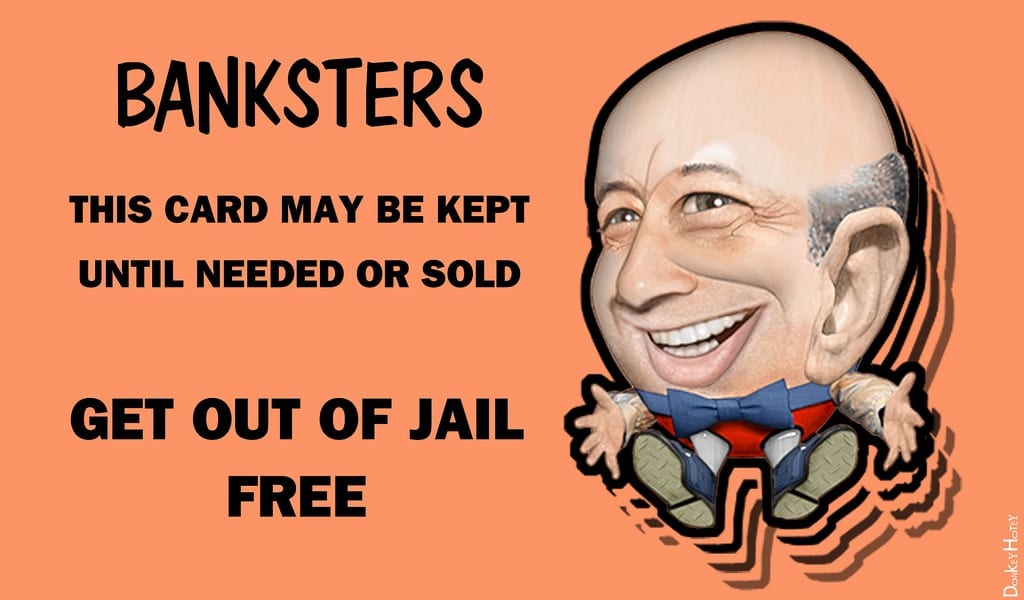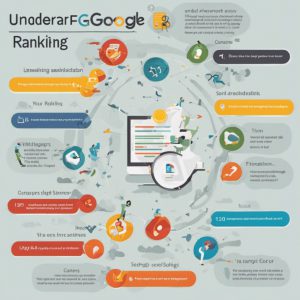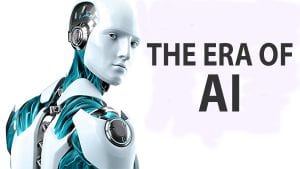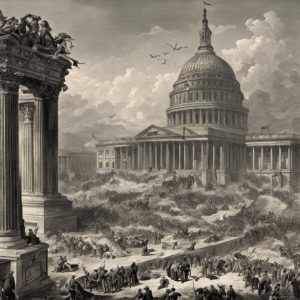
Reviving Risk: No Doc Loans Return as Banks Target the Masses
Updated Dec 2019
Nearly ten years after the housing crisis, banks are getting ready to offer what they call fewer doc loans, which is just a stepping stone to the no doc loan as we stated before, banks need to put money into the hands of the masses so they can fuel the next bubble. A bubble needs mass participation, and banks thrive of bubbles. Every bubble and bust cycle is created and masterminded by banks. Banks never lose; they just pretend to, because they know they will be bailed out. The Fed is a private institute run and owned by the banks, so they have nothing to worry about.
Embracing Troublesome Lite Doc and No Doc Loans
Dubbed “Lite Doc,” Quontic Bank, an FDIC-insured community lender based in New York City, introduces a unique offering. Departing from the conventional norm, this product demands merely employment verification and a pair of recent bank statements. For self-employed borrowers, the stipulation involves presenting one year’s profit and loss documentation. Unlike its fully documented counterparts, the Lite Doc loans are adjustable-rate mortgages with a term of five years, offering interest rates ranging from low to mid-5 per cent, as per the bank’s disclosure. Notably, the offering does not include the option for thirty-year fixed-rate loans, which, under full documentation, could secure interest rates in the high-3 per cent range.
Contrary to most contemporary loan applications, which necessitate two years of 1040 income tax statements, two years of employment W2s, at least four pay stubs, as well as bank statements and credit assessments, the Quontic loan deviates from the norm. It effectively bypasses the rigorous “ability-to-repay” (ATR) regulations introduced in response to the financial crisis under the Dodd-Frank legislation. This exception is made possible by a clever loophole: Quontic holds the designation of a community development financial institution (CDFI) under a modest program initiated by the U.S. Treasury, which channels funds towards revitalising low-income communities.
The Perilous Path: The Foreseen Downfall of No Doc Loans
This company has taken things one step further; using a loophole in the law, they can lend money without asking for tax returns or other documentation that traditional lenders would require. Again this is all taking place before any modification has been made to Dodd-Frank. Banks need bubbles to make killings, so you must understand there will always be a bubble because these guys need them. They will find a way to set the foundation for the next bubble event.
Conclusion: The Rise of “Lite Doc” Loans and the Looming Risks
Quontic Bank has disrupted the status quo in mortgage lending with their unique offering: “Lite Doc” loans. Departing from the standard requirements, these loans require only minimal documentation, such as employment verification and recent bank statements. Self-employed borrowers are also subjected to a simplified process, needing to present only one year’s profit and loss documentation. While the Lite Doc loans offer adjustable-rate mortgages for a five-year term, with interest rates ranging from low to mid-5 per cent, they notably exclude the popular option of thirty-year fixed-rate loans that typically secure lower interest rates under full documentation.
This departure from the norm is made possible by a clever loophole. Quontic Bank, designated as a community development financial institution (CDFI), leverages a modest program initiated by the U.S. Treasury to revitalize low-income communities. By virtue of this designation, the bank can bypass the stringent “ability-to-repay” (ATR) regulations established under the Dodd-Frank legislation designed to prevent another financial crisis.
Rise of Lite Doc loans
However, the rise of “Lite Doc” loans raises concerns about potential risks and their long-term implications. By offering loans with minimal documentation requirements, there is an increased likelihood of borrowers facing financial pitfalls. Without comprehensive verification and thorough assessment of borrowers’ financial capabilities, the lending process becomes vulnerable to potential defaults and the accumulation of risky debt.
Moreover, the ease with which Quontic Bank can exploit this regulatory loophole may set a concerning precedent. The absence of robust documentation requirements raises questions about the stability of the lending system and the potential for another bubble event in the future. It highlights the underlying motivation of banks to create and capitalize on market bubbles, thereby perpetuating a cycle of instability and subsequent financial downturns.
As regulators and policymakers grapple with the implications of these “Lite Doc” loans, it becomes crucial to strike a balance between facilitating access to credit and ensuring prudent lending practices. Stricter oversight and regulations may be necessary to safeguard borrowers and the overall stability of the financial system.
In summary, while Quontic Bank’s “Lite Doc” loans have introduced a streamlined approach to mortgage lending, their minimal documentation requirements and the regulatory loophole they exploit pose inherent risks. These risks demand careful consideration and a proactive approach to prevent the repetition of past financial crises.
Frequently Asked Questions (FAQs)
Q: What are “Lite Doc” loans?
A: “Lite Doc” loans are a type of mortgage offered by Quontic Bank that requires minimal documentation compared to traditional loans. They streamline the application process by requesting only employment verification and recent bank statements.
Q: What is the difference between “Lite Doc” loans and fully documented loans?
A: The main difference lies in the documentation requirements. While fully documented loans typically demand two years of income tax statements, employment W2s, pay stubs, and comprehensive credit assessments, “Lite Doc” loans eliminate many of these requirements, simplifying the process for borrowers.
Q: Who can benefit from “Lite Doc” loans?
A: “Lite Doc” loans are primarily targeted towards borrowers who may struggle to meet the stringent documentation criteria of traditional loans. This includes self-employed individuals and those with non-traditional income sources.
Q: What are the risks associated with “Lite Doc” loans?
A: The main risk is that minimal documentation requirements may lead to a higher likelihood of borrowers taking on more debt than they can handle. Without thorough verification and assessment of financial capabilities, borrowers may face difficulties in repaying the loan, potentially leading to defaults and financial hardships.
Q: How does Quontic Bank bypass the “ability-to-repay” regulations?
A: Quontic Bank’s designation as a community development financial institution (CDFI) under a U.S. Treasury program provides them with a regulatory loophole. This loophole exempts them from specific “ability-to-repay” regulations, allowing them to offer “Lite Doc” loans with reduced documentation requirements.
Q: Are “Lite Doc” loans a cause for concern?
A: There are valid concerns regarding the potential risks associated with “Lite Doc” loans. The relaxed documentation requirements increase the chances of borrowers facing financial pitfalls. Regulators and policymakers need to monitor and evaluate the impact of such loans to maintain the stability of the lending system.
Q: Are “Lite Doc” loans available for all types of mortgages?
A: No, Quontic Bank’s “Lite Doc” loans currently focus on adjustable-rate mortgages with a five-year term. They do not offer the option for thirty-year fixed-rate loans, which typically have more stringent documentation requirements but may secure lower interest rates.
Other Articles of Interest

Unipolar World Shakeup: US Superpower Status Fading Away

The House of Saud: Divine Rule and Deeds

People Also Ask: Decoding Google’s SERP Ranking Factors

The Greatest Wealth Is Health: US From First to Last

Ponzi Scheme Examples: The U.S. Treasury as a Prime Instance

AI-powered companies for 2023 & Beyond

How to Eat Healthy in College: Balancing Nutrition and Student Life

Hidden Toxins in Organic Food: What You Need to Know

Financial Psychology: Seizing Opportunities Amid Crises

The Best Time to Travel to Indonesia: Top Destinations

Debunking the Myth: Russia and ISIS Working Together

Improper Data Manipulation Fueling Fake News

Religion in China: Exploring Religious Expression and Dynamics

NATO Provoking Russia: Unpacking the Dynamics

The Fall and decline of the American Empire



There will be bubbles as long as we don’t have free markets! Which requires getting rid of the unconstitutional federal reserve. If trump discovers The Constitution all the agencies are on the chopping block because they are unconstitutional